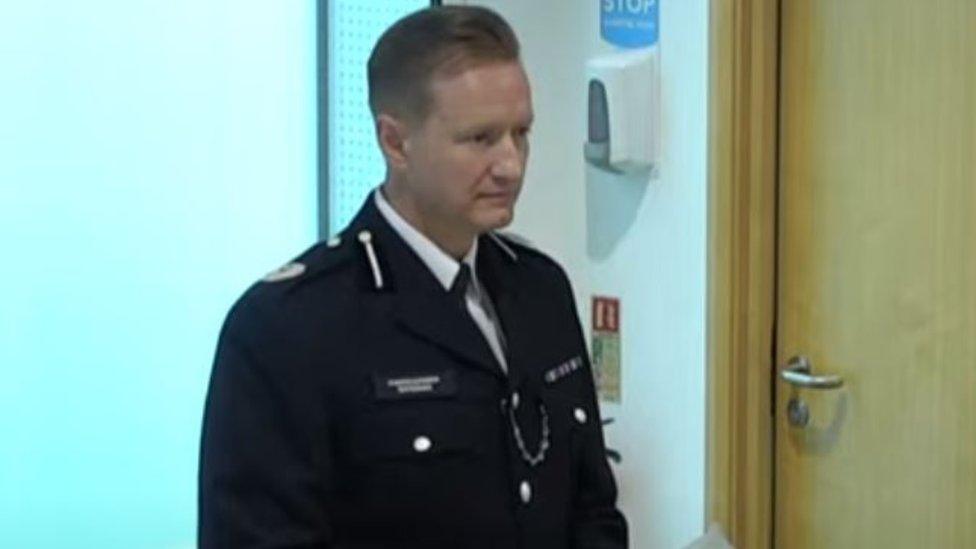Manchester Arena inquiry: PC's anguish at being unable to help victims
- Published
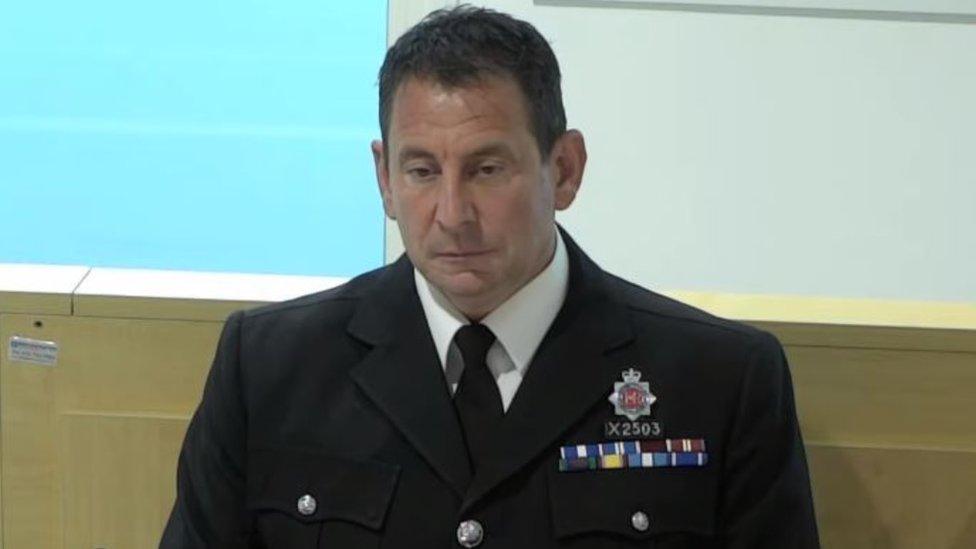
PC Lee Moore was one of the first armed officers on the scene
A firearms officer tasked with "eliminating" any further terrorist threat after the Manchester Arena blast said it was the "worst feeling" not being able to help casualties.
PC Lee Moore and PC James Simkin were the first armed officers to arrive at the venue on the night of bombing.
The pair entered the foyer area less than 15 minutes after the explosion.
PC Moore told the inquiry into the attack "that the events of that night will last with me forever".
Twenty-two people were killed when Salman Abedi detonated a homemade device at the end of an Ariana Grande concert on 22 May 2017.
The inquiry heard the two officers conducted a quick "raw" visual check to exclude the possibility of a gunman in the room, following reports of shooting, or any signs of a secondary device.
"Nothing could have prepared me for what I saw and had to deal with that night," PC Moore said in a statement.
"My job as a firearms officer was to make the arena safe by ensuring that the threat of a secondary device or a gunman was fully eliminated to prevent any further casualties or loss of life.
"This meant that we were unable to stop and give first aid to the casualties."
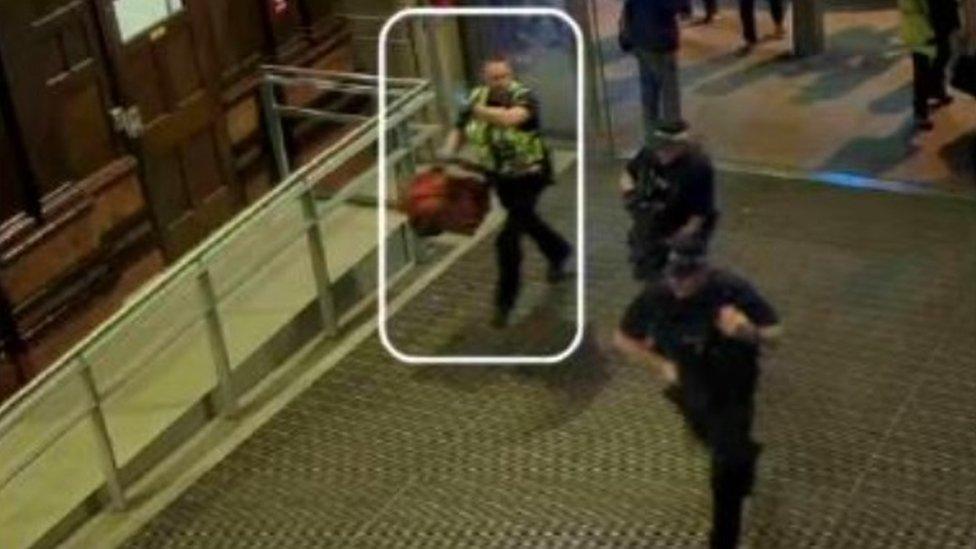
CCTV showed PC Lee Moore, at the front, running towards the arena about 11 minutes after the explosion
He added: "It was the worst feeling not to be able to help those injured and not being able to help other colleagues dealing with the casualties and the deceased victims.
"I fully understand my role as a firearms officer in that situation but I cannot express the feeling of having to perform my role while there are injured people.
"My only solace was that there were personnel in support conducting first aid and further support was arriving."
Greater Manchester Police declared Operation Plato on the night, a specific response to a marauding terrorist firearms attack, following the erroneous reports of gunfire.
Part of the Plato response is to designate "hot", "warm" and "cold" zones to assess how safe it is for the emergency services to operate, the inquiry has heard.
Paul Greaney QC, counsel to the inquiry, asked PC Moore: "Did you think as you were in there that the City Room was a hot zone?"
PC Moore said: "Initially sir, until we cleared through. And then in my mind I had classed that then as a warm zone.
"My dynamic risk assessment of the foyer at that time was it was a warm zone to be able to bring in medics."
The inquiry continues.

Why not follow BBC North West on Facebook, external, Twitter, external and Instagram, external? You can also send story ideas to northwest.newsonline@bbc.co.uk
Related topics
- Published11 May 2021

- Published7 May 2021
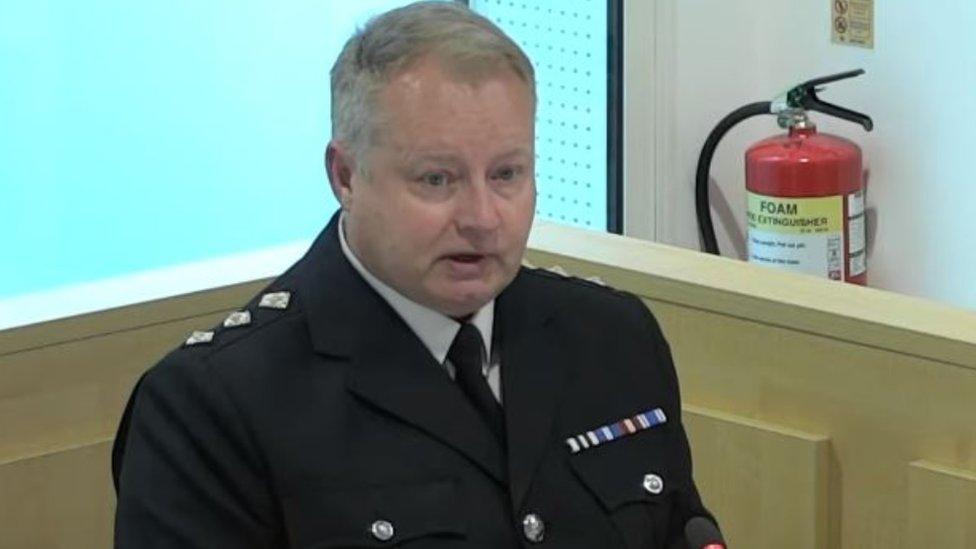
- Published6 May 2021
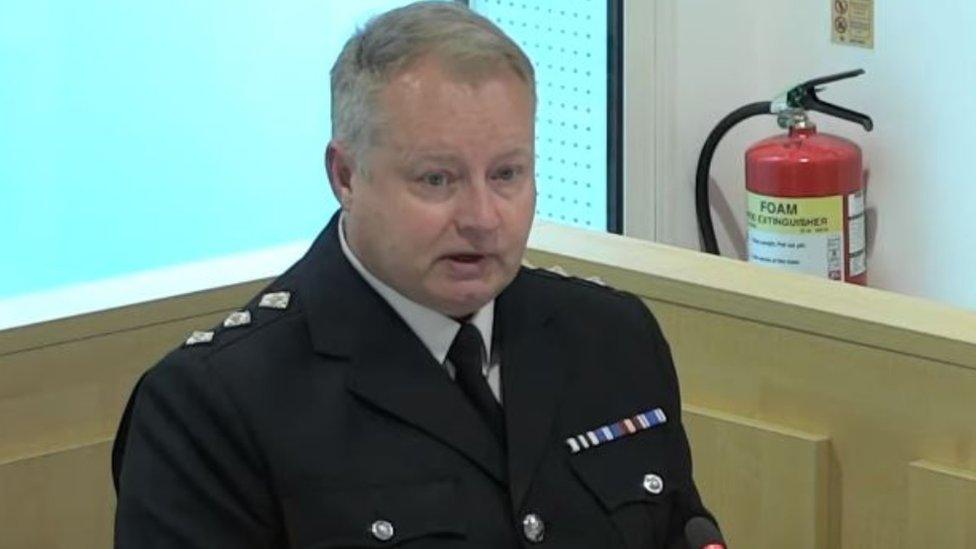
- Published5 May 2021

- Published29 April 2021
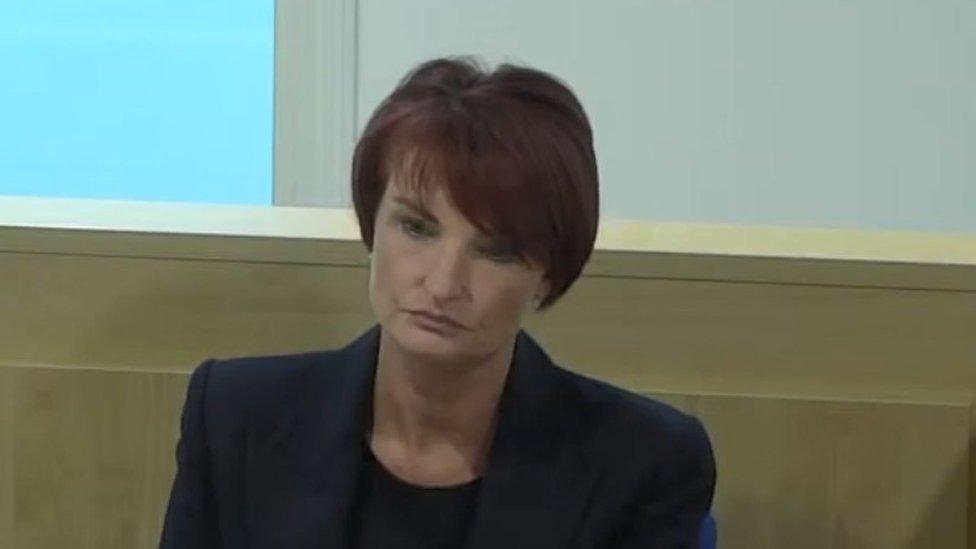
- Published28 April 2021
